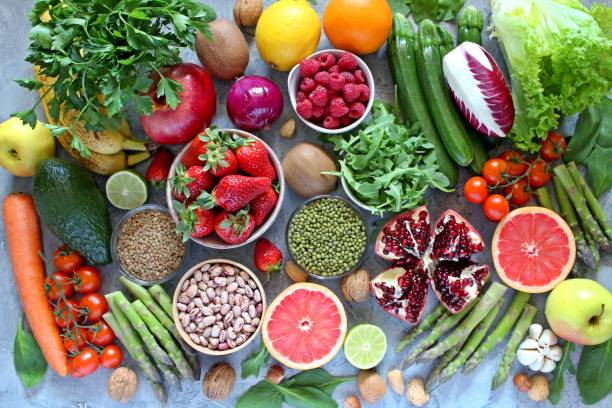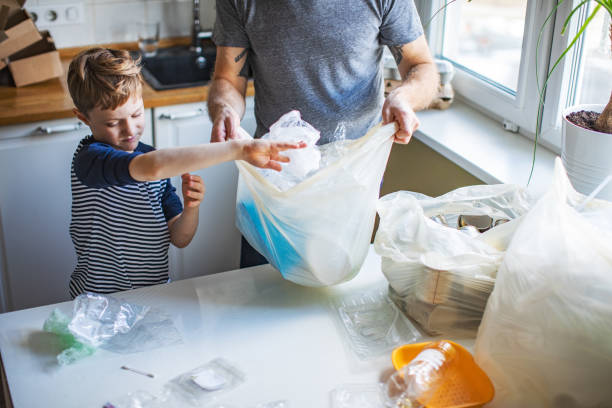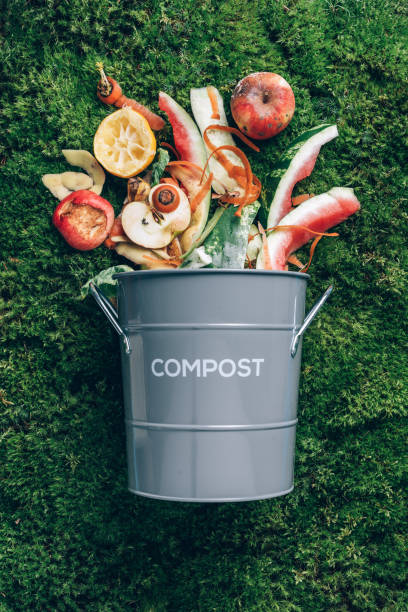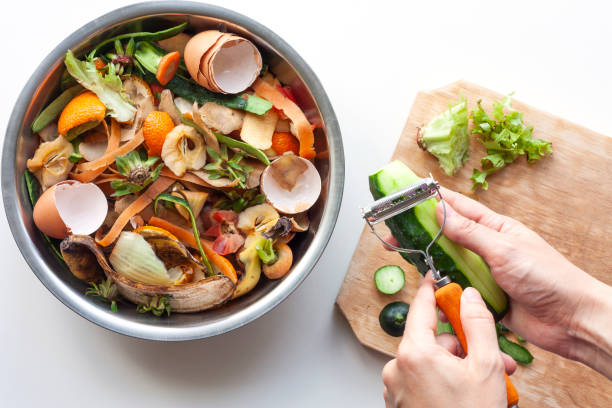When you hear about sustainable kitchens and how to reduce waste, it’s not about taking out trash every evening. It is a lifestyle change that will start with having the right mindset and knowledge; it is learning the responsible and thoughtful way to manage kitchen waste so it can have minimal environmental impact.
Studies have shown that over one-third of the food produced globally goes to waste, and this combined with enormous amounts of plastic waste, can constitute a lot of problems for the environment. Although you cannot get a completely waste-free kitchen, we will discuss steps in this guide to help you significantly reduce it.
See also: How to Clean Kitchen Cabinets
Types of kitchen waste
The first step in reducing kitchen waste is understanding the various types of kitchen waste. Then, you can know the appropriate way to categorise and dispose them. Here’s what you need to know:
Organic Kitchen Waste
This is the category of kitchen waste that has to do with food and some of the things that come in contact with food, for example:

- Vegetable cores and peels, fruits, eggshells, coffee grounds, bread, tea bags, and plate scrapings.
- Bones, trimmings, and skin from meat and fish.
- Leftover, expired or spoiled food.
- Yoghurt containers, cheese rinds, spoiled milk.
- Plant trimmings and dead leaves from the home garden.
- Paper towels and napkins that have come in contact with food.
Inorganic Kitchen Waste
This is the second category of kitchen waste that is not food-related; they include:
- Empty cans.
- Cleaning products and their packaging.
- Disposable utensils, plates, and cups.
- Empty glass jars and bottles.
- Non-recyclable materials like paper, rubber bands, and broken glass.
- Plastic wrappers, packaging materials and containers from grocery products.
- Damaged or worn-out utensils, pots, pans and kitchen appliances.
Sustainable Kitchen: How to Reduce Waste

Reduce Food Waste
The first thing to learn to reduce kitchen waste is to cut down on food waste. So start by planning your meals and shopping; buy only what you need and cook as much as your household needs.
You should also learn to preserve food and food items or be creative with them, so if you are not eating it now, it doesn’t mean it should be wasted; you can turn it into something else you need or preserve it properly for later. For example, you can turn overripe fruits into delicious smoothies, make jollof rice with your leftover stew and so on.
In addition, keep an eye on expiring dates and buy items according to priorities. If you can put these things in place, you will be much closer to having a sustainable kitchen.
See also: 12 Must-Have Kitchen Appliances For Starters
Buy in Bulk
Of course, you may already know that buying in bulk is pocket-friendly and can save you from stress in the long run, but do you also know that it can be package-friendly? Instead of purchasing items with various packaging multiple times, you can bring your reusable containers or bags to the store and buy in bulk. This way, you will have less junk.
Say no to Plastics
Plastics are some of the most significant contributors to kitchen waste, but you can bid farewell to single-use plastics, including disposable utensils, plates, containers, cling wraps, bags, etc. by opting for reusable bags, plates, utensils, containers and so on.
You can also use glass containers to store your meals and keep other kitchen items. It is better to buy refills for products you already have in their containers; it will save your kitchen from additional plastic waste.
Clean With Sustainable Alternatives
Your cleaning products are also part of the quest for a sustainable kitchen. Many cleaning products are contained in plastics and contain toxic and harmful chemicals that aren’t good for humans and the environment. So try to use refillable cleaning products, reusable gloves, compostable cleaning cloths, etc.
Recycling
A good recycling system can go a long way to help people manage sustainable kitchens, and many communities already have this system in place. It would be best to find out how you can be part of the recycling program in your area and what kitchen waste is suitable for recycling.
Then, you can start separating all recyclable materials and don’t accidentally mix in regular trash so you don’t make the work difficult for the recycling facilities.
Composting
Composting is another fantastic way to reduce kitchen waste. It is eco-friendly, and when combined with other methods we have discussed, you will be all set up to have a waste-free environment.
Composting involves collecting and keeping aside organic materials like food scraps, leftovers, coffee grounds, and the like to create a nutrient-rich compost when they decay. You can do this by setting up a small compost bin in your kitchen or backyard; the compost can be used in your garden to help your plants thrive.

Educating Your Household
If you do not live alone, a crucial part of maintaining a sustainable kitchen is to educate the members of your household about the lifestyle changes you are trying to implement in your home so they don’t ruin your efforts. Teach them all you have learnt about sustainable kitchens; they should be involved in your journey to reduce kitchen waste.
See also: How to Replace a Kitchen Faucet
As you create your own sustainable kitchen and waste-free environment, remember that even minor actions count. So if you can follow the tips in this guide, you are doing much more than just creating a waste-free kitchen. You are making a better planet for the benefit of everyone in it. Therefore, strive to maintain this new lifestyle and encourage others to join you for a cleaner and brighter future where sustainability thrives.



